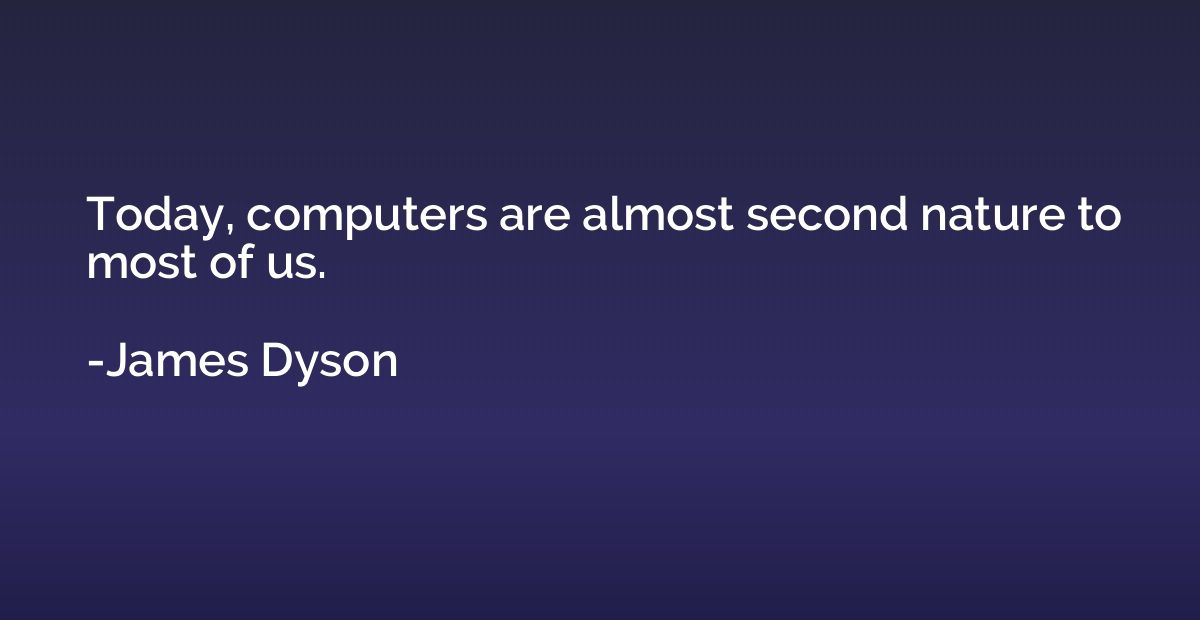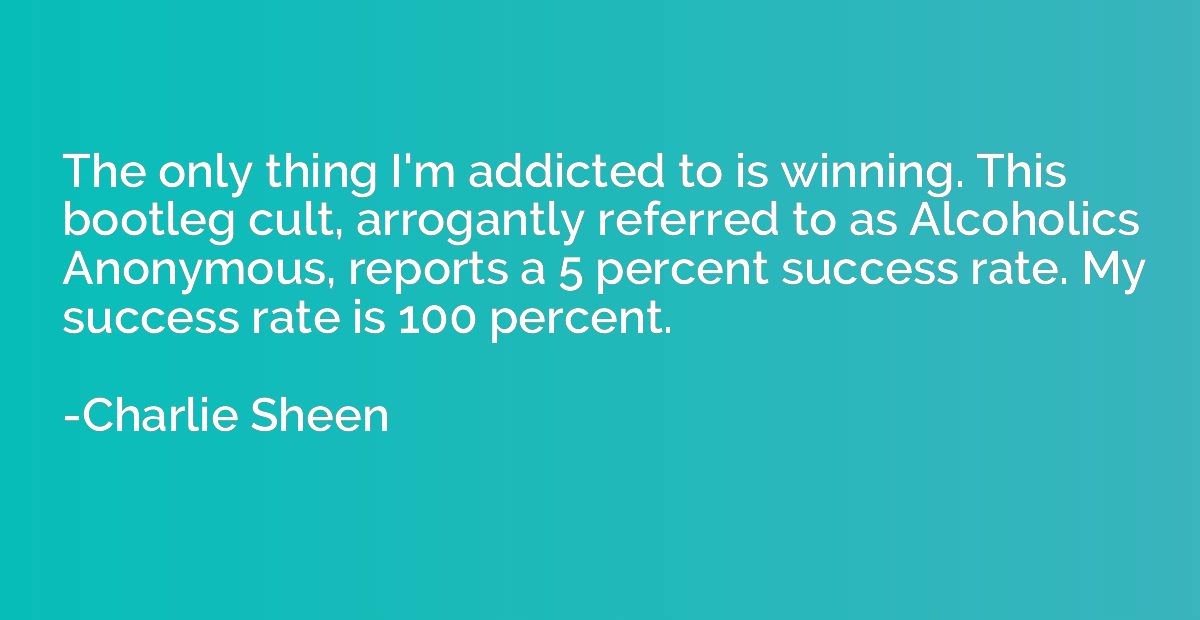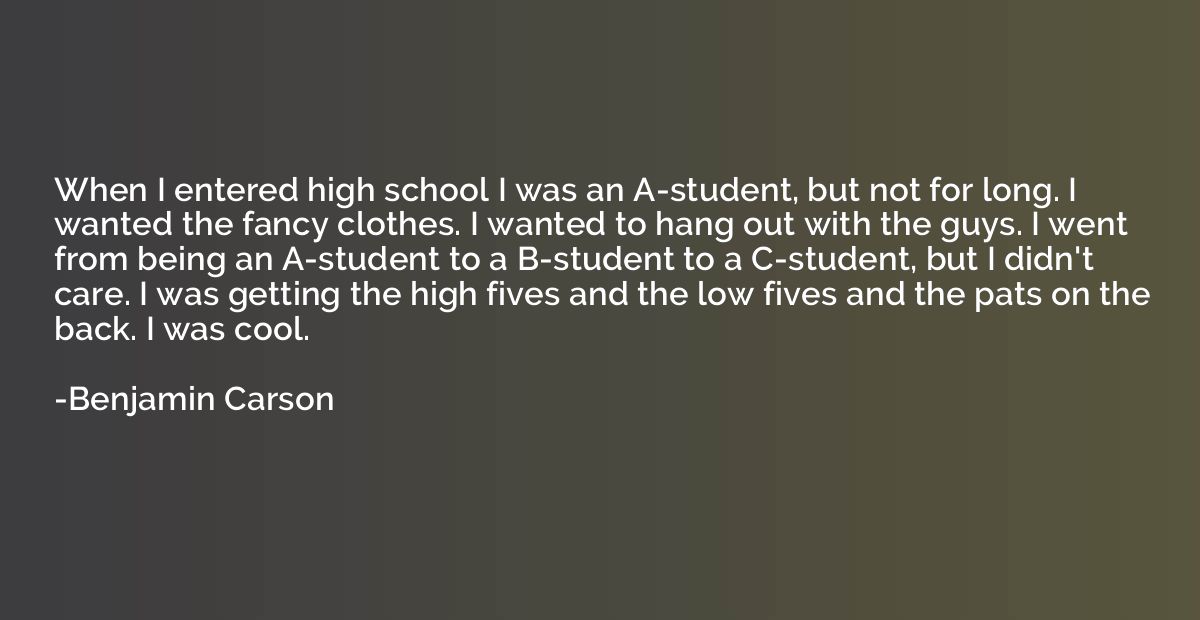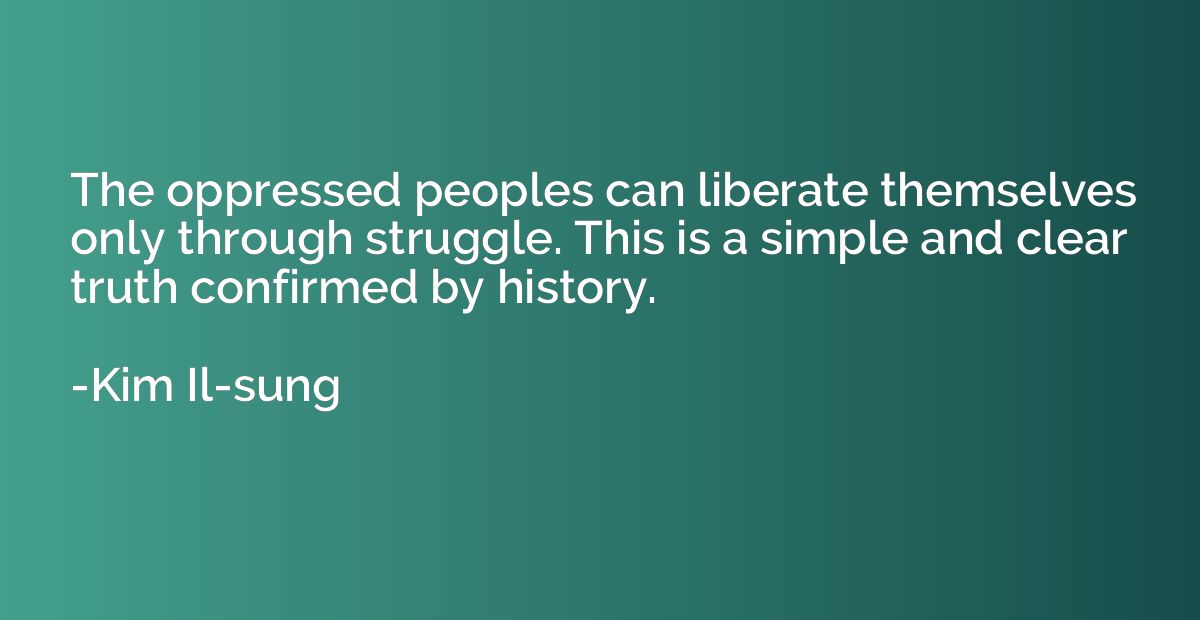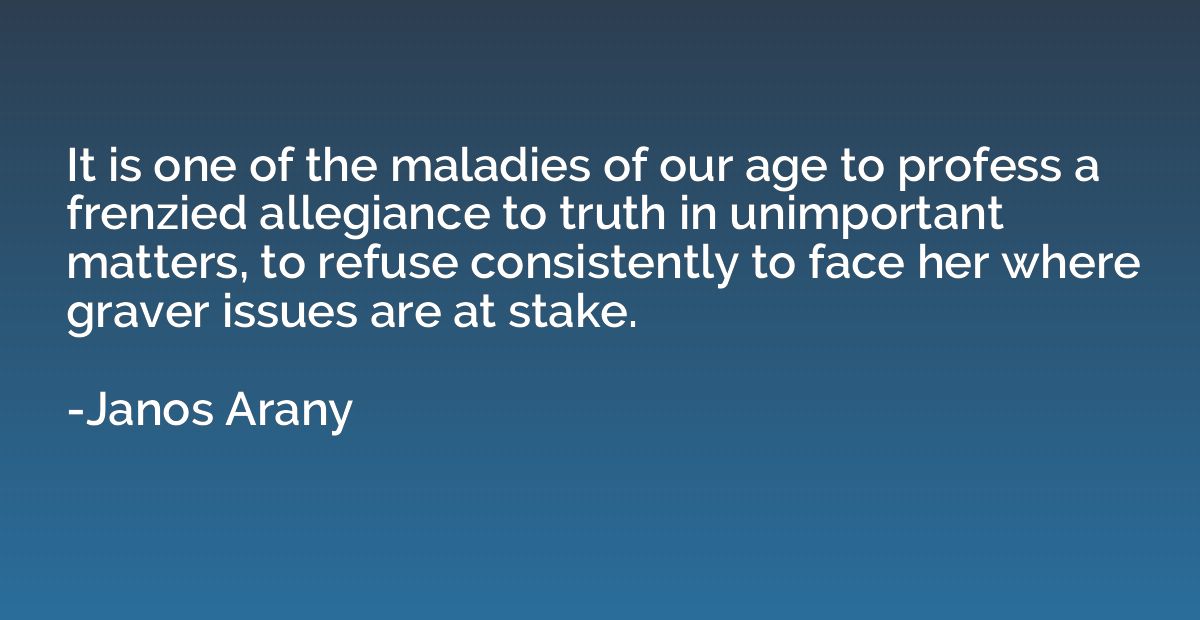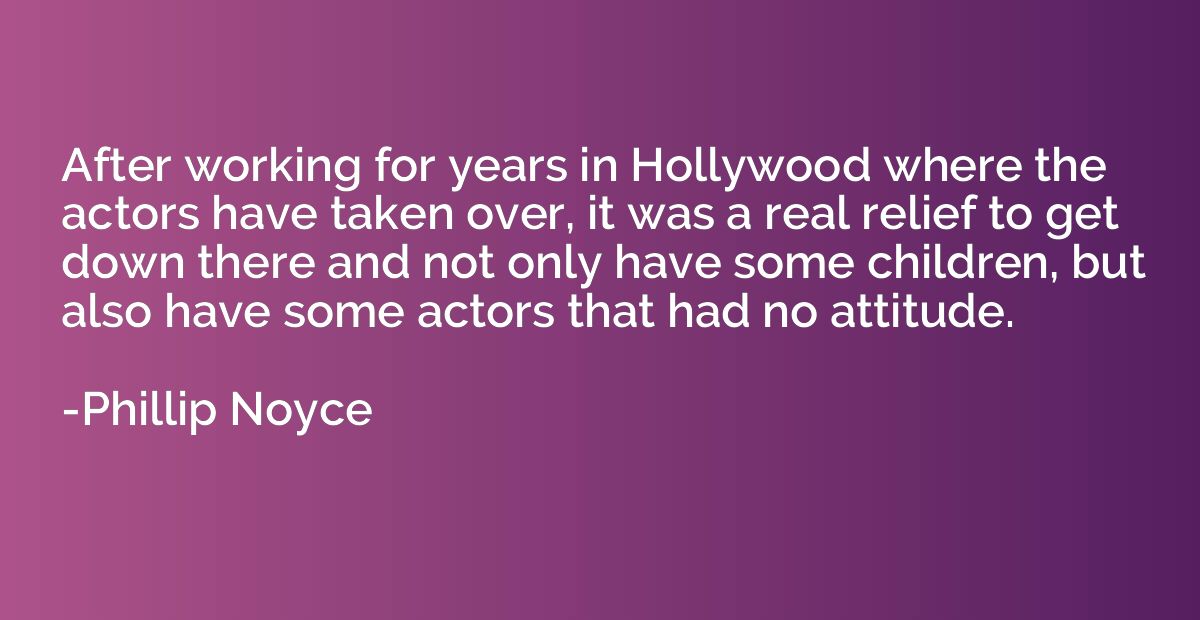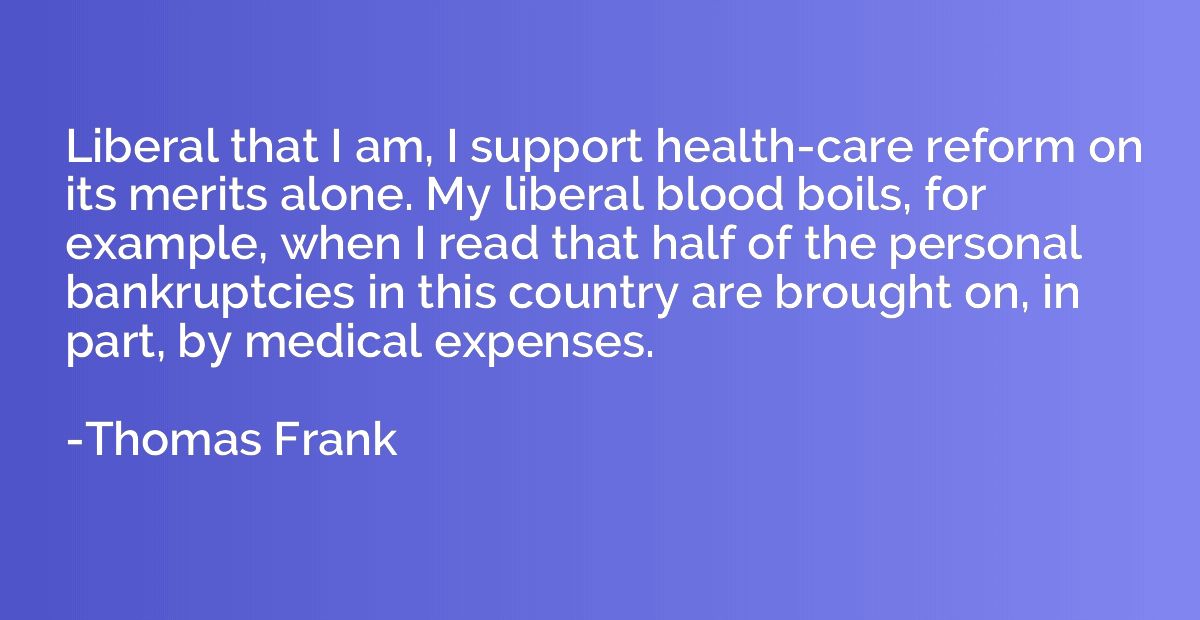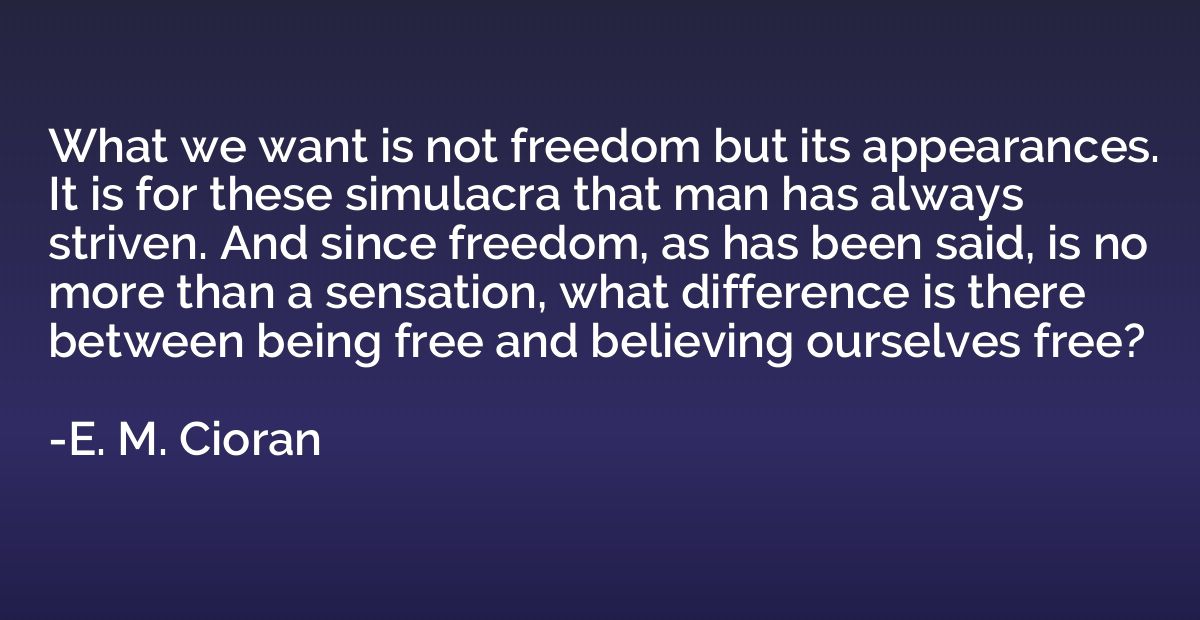Quote by Karl Rove
The claim made by Team Obama that every dollar in stimulus translates into a dollar-and-a-half in growth is economic fiction. The costs of stimulus reduce future growth. No country has ever spent itself to prosperity. The price of stimulus has to be paid sometime.
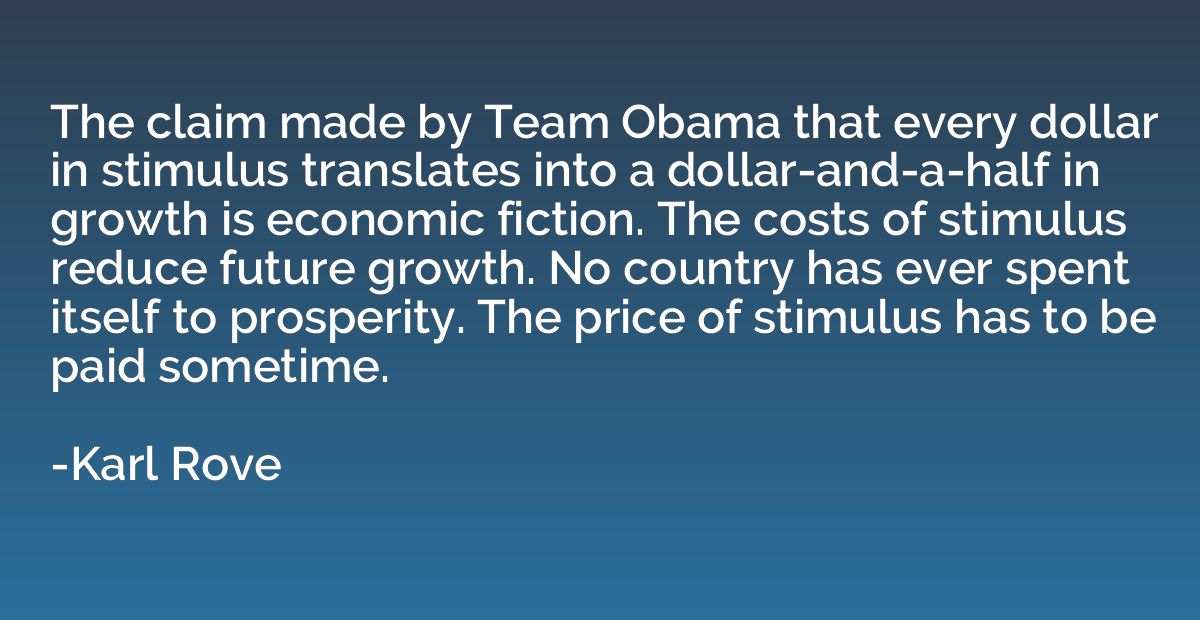
Summary
This quote criticizes the claim made by Team Obama that stimulus spending results in economic growth. It argues that this claim is "economic fiction" because the costs of stimulus ultimately hinder future growth. The statement suggests that no country has achieved prosperity solely through spending, and emphasizes that there is always a price to be paid for stimulus. In essence, it challenges the notion that stimulus spending brings unmitigated benefits and raises concerns about the negative consequences it can have on long-term economic health.
Topics
Future
By Karl Rove



